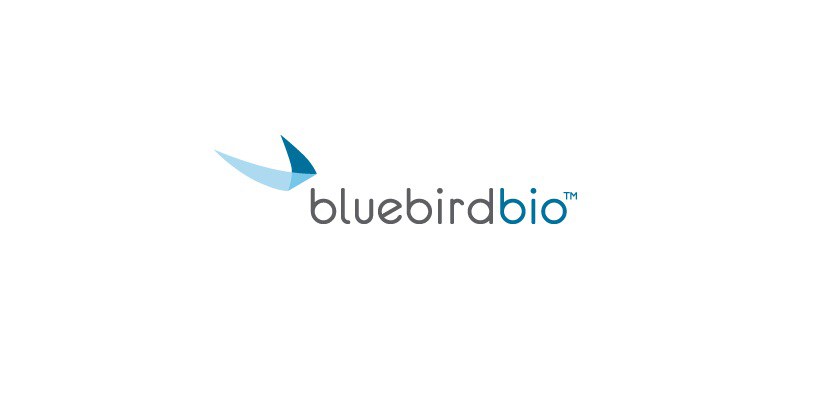bluebird presents long-term data from CALD gene therapy

bluebird bio has produced updated data from its gene therapy for the rare genetic neurological disease cerebral adrenoleukodystrophy (CALD), showing that it continues to work in the long-term.
CALD is a rare genetic and rapidly progressive disease that can lead to severe loss of neurologic function and death.
Massachusetts-based bluebird is assessing safety and efficacy of the gene therapy known as Lenti-D in boys 17 years of age and under with CALD in a phase 2/3 study.
Lenti-D is the biotech’s lead gene therapy programme, but it is also a high-profile developer of CAR-T cancer therapies, with its bb2121 multiple myeloma candidate showing promise in a partnership with Celgene.
bluebird said the phase 2/3 Starbeam study, codenamed ALD-102, has completed enrolment, with this latest data from a cut-off date of April 25 this year.
Data came from a trial population of 32 patients with a median follow-up time of 21.1 months, and of those, 15 have completed ALD-102 and enrolled in a long-term follow-up study.
There are still 14 patients in the first part of the study and three are no longer taking part.
Primary efficacy endpoint in the study is the proportion of patients who are alive and free of major functional disabilities (MFDs) at month 24.
MFDs are six severe disabilities commonly attributed to CALD and thought to have the most profound impact on a patient’s ability to function independently, including loss of ability to communicate, cortical blindness, need for tube feeding, total incontinence, wheelchair dependence, and complete loss of voluntary movement.
Of those patients who have or would have reached 24 months of follow-up and completed the study, 88% – or 15 out of 17 patients – continue to be alive and MFD-free in a long-term follow-up study.
The 14 patients currently in the study have less than 24 months of follow-up and have shown no evidence of MFDs.
The longest follow-up of the additional 14 patients was 20.4 months and bluebird said three out of the 32 treated patients did not or will not meet the primary efficacy endpoint.
Two patients withdrew from the study at investigator discretion, and one experienced rapid disease progression early on in the study resulting in MFDs and death.
There have been no events of chronic graft versus host disease at month 24, an important safety measure.
Three adverse events (AEs) have been deemed to be potentially related to treatment with Lenti-D and included one of BK-mediated viral cystitis and two cases of vomiting and all three were resolved using standard measures.












